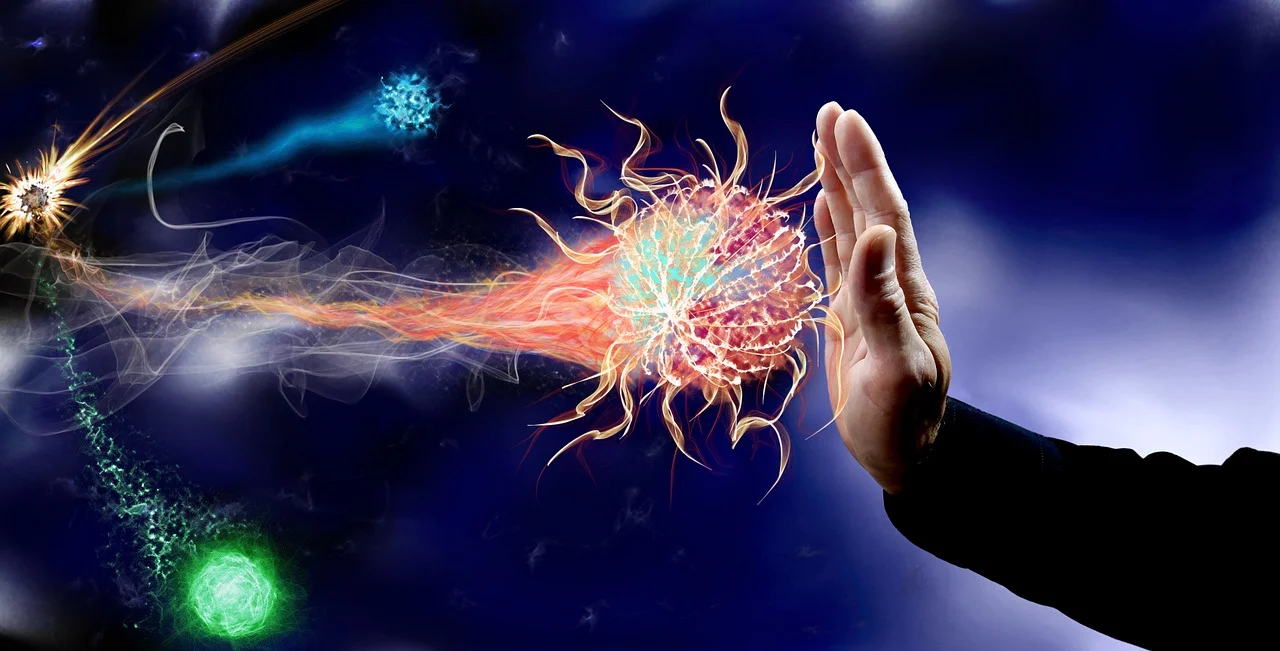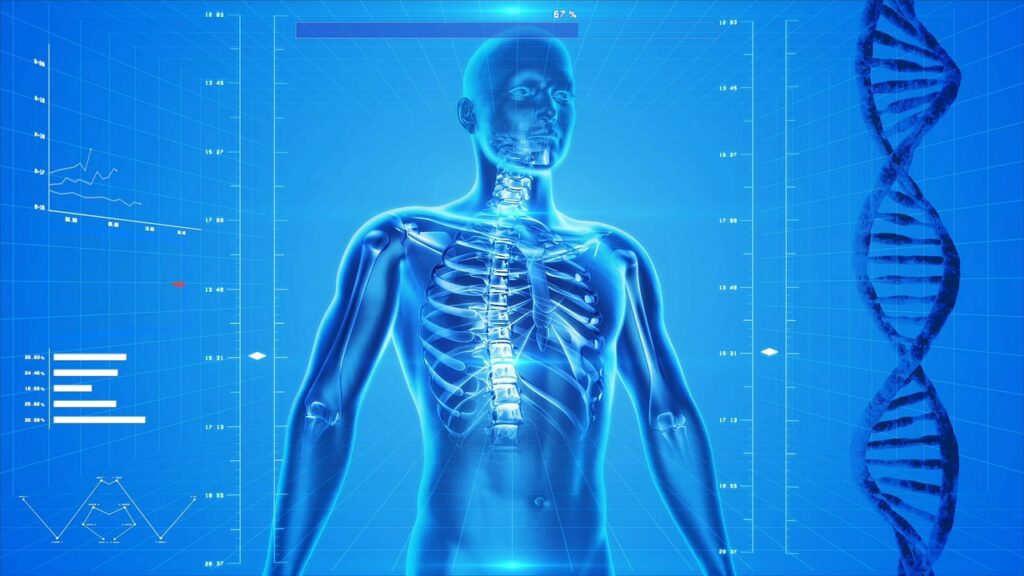The key to good health is an effective immune system that protects us from minor ailments or more severe illnesses. Let’s learn more about your immune system and how to boost it when it is weak!
Immune system: characteristics
Definition
The immune system corresponds to the whole defenses of our body in charge of preserving us from the pathogenic organisms that threaten us: viruses, bacteria, mushrooms, or parasites.
It is also responsible for destroying abnormal cells, such as cancerous cells.
The immune system includes the organs involved in immunity, called lymphoid organs, the defense cells – the white blood cells – and the molecules produced as part of the immune reaction (antibodies, for example).
Presentation of the immune cells

There is a wide variety of immune cells with complementary roles. Some are part of the innate immune response, our body’s first line of defense, while others belong to the acquired immune response. The latter is slower to set up but very efficient; it allows us to remember the pathogenic organisms we have already encountered for an optimal reaction during a future encounter.
The cells of the innate immune response are:
neutrophil granulocytes;
eosinophilic granulocytes;
monocytes/macrophages;
basophilic granulocytes;
mast cells.
Most of these cells engage in phagocytosis and ingest intruders to neutralize them.
Types of lymphocytes involved in the immune response
The cells of the acquired immune response are:
T lymphocytes. They are divided into two groups: cytotoxic T cells, which are capable of eliminating infected or cancerous cells, and helper T cells, which provide support to the former;
B lymphocytes, which produce antibodies capable of attaching themselves to molecules carried by foreign elements (antigens) to allow their phagocytosis;
NK lymphocytes are capable of lysing, i.e., destroying modified cells. They are nicknamed “natural killer cells”.
Lymphoid organs
A distinction is made between the primary lymphoid organs, which ensure the production or maturation of white blood cells, and the secondary lymphoid organs, where the lymphocytes come into contact with pathogenic organisms and take action:
the primary lymphoid organs are the bone marrow, where white blood cells are formed, and the thymus, where T cells mature;
the secondary lymphoid organs are the lymph nodes, spread throughout the body, the spleen, the tonsils, and the appendix…
Causes of weak immune system
The effectiveness of the immune system can be altered by various factors, such as a poor lifestyle (unbalanced diet, lack of sleep or physical activity), stress, excessive alcohol consumption, and smoking … This weakening of our immune system makes us more vulnerable to infections: episodes of colds, gastroenteritis, etc. can then follow one another. Constant fatigue is felt. It is time to act to strengthen it!
Boost your defenses
In case of immune system deficiency, it is important to take care of its vitamin and mineral intake, thanks to a rich and varied diet, possibly supplemented by taking food supplements:
Vitamin D: This vitamin comes from a production at the skin level during exposure to sunlight. Thus, deficiencies are common in winter. This vitamin is essential for the activation of T lymphocytes: it is, therefore, advisable to take a dietary supplement during winter. Other vitamins are important in immunity: A, E, and C.
As for minerals, zinc, and selenium strengthen the immune system.
Probiotics, the bacteria that enrich our intestinal flora, also contribute to our immunity. They are present in yogurts and vegetable products such as sauerkraut, kefir, and soy (tempeh, miso, natto…).
Finally, plants such as chorella (green algae), echinacea, or ginseng can stimulate our immune system.
However, be warned against consuming certain food supplements containing plants likely to disturb the natural defenses of the body intended to fight against the infections like the one caused by the coronavirus, including harpagophytum, echinacea, curcuma, licorice, etc. They remain helpful in preventing the virus, but they must be stopped if the first symptoms of the coronavirus appear.


